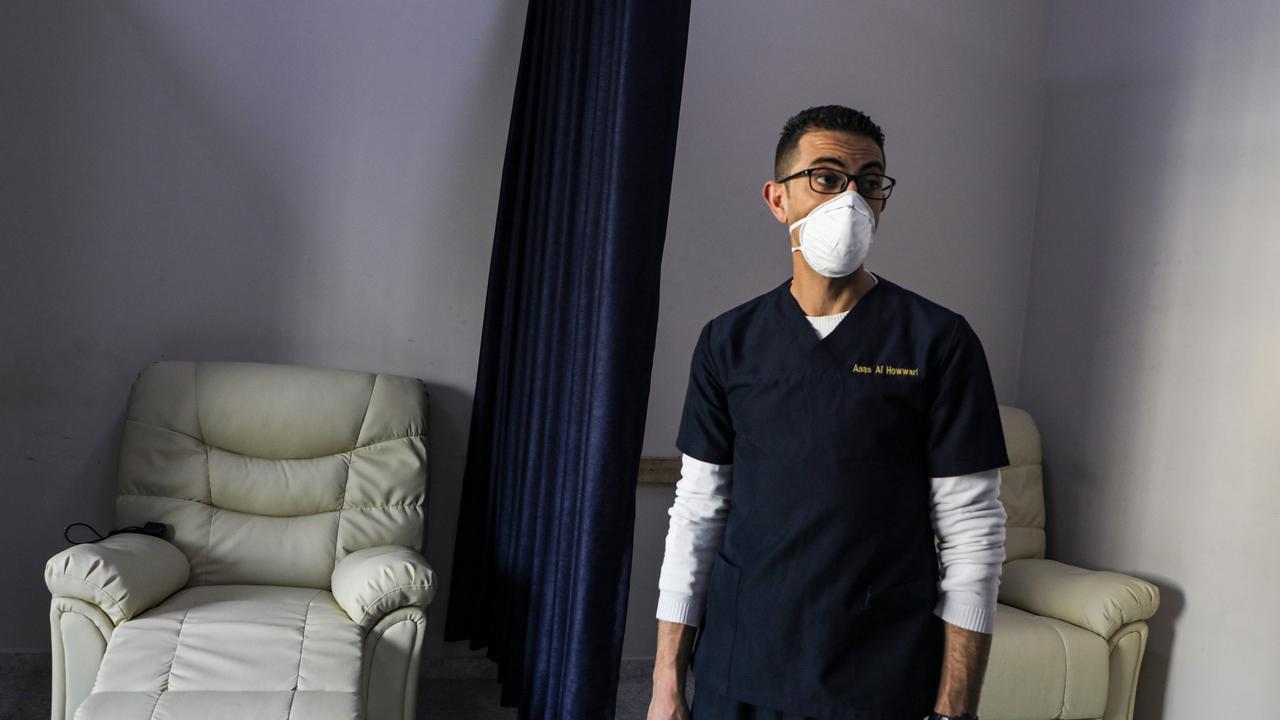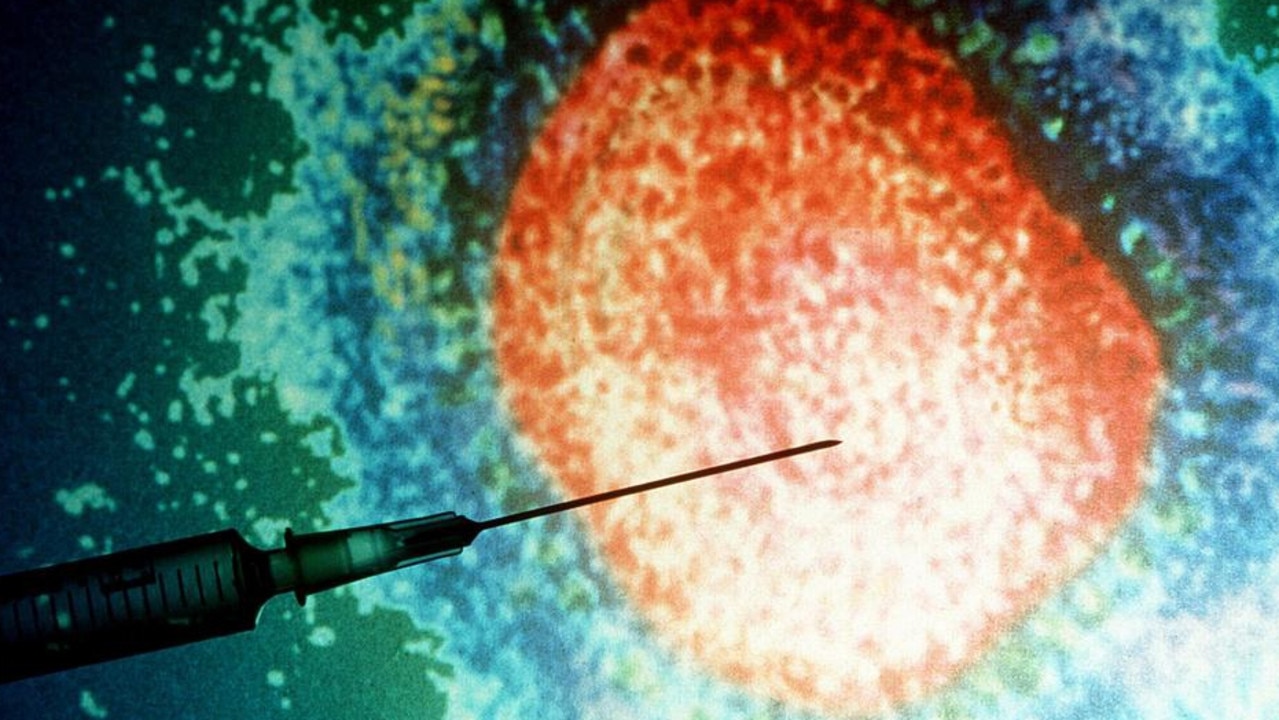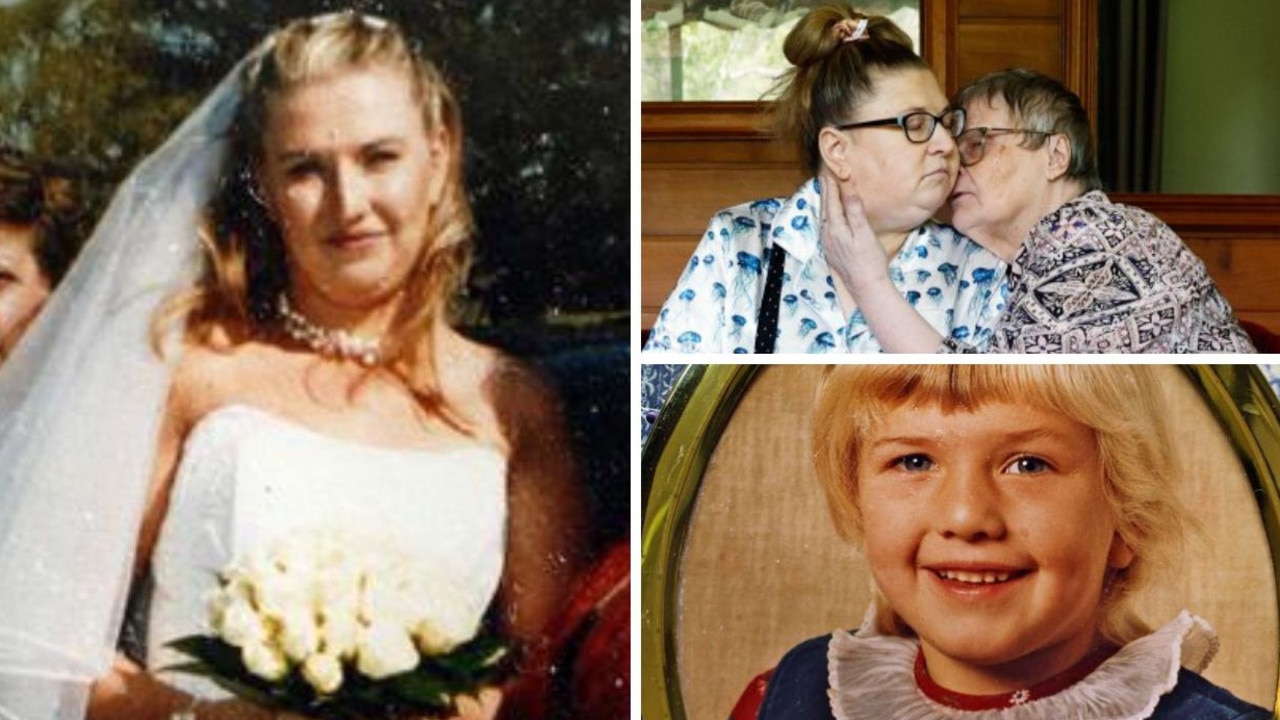Coronavirus: What self-isolation means if you’re under COVID-19 quarantine
People are being asked to isolate themselves to slow the spread of coronavirus. So what does this actually mean and how do you do it?

As the number of coronavirus cases in Australia continues to surge, authorities have been urged to shut the nation’s borders and introduce mass working-from-home measures or face a “complete and utter epidemic”.
“I can see the importance of the isolation process and how it can buy time for us to get the health system ready to handle more cases,” Dr Cathie Hull, who works in the emergency department at Sydney’s Ryde Hospital, told the ABC.
“I think if everybody did it for two weeks, we might be in a better position to move on with fewer cases and to cope with the demands on the health system.”
NSW Health medical epidemiologist Christine Selvey said she recognised self-isolation was a “big ask of people” and advised them to “try to take advantage of the time to do things that you’ve been wanting to do”.
“Try to look at it from a positive point of view,” she said.
From staying in a different room to using a separate toilet, here’s what self-isolation actually means if you’re quarantined because of COVID-19.
RELATED: Follow the latest coronavirus updates
WHAT DOES IT MEAN TO SELF-ISOLATE?
Self-isolation means that you need to stay away from all situations where you could infect other people, Public Health Professor Michael Baker told Radio New Zealand.
This means any situation where you may come in close contact with others (face-to-face contact closer than one metre for more than 15 minutes).
You should avoid social gatherings, work, school, child care, university, religious gathering, aged care and health care facilities, sports gatherings, restaurants, and all other public gatherings.
“Regard it as a bit of a holiday and something you probably will never do again, so make the most of it,” Professor Baker said, adding that these measures would keep your country safe, so needed to be taken seriously.
HOW LONG DO I NEED TO BE ISOLATED?
Advice from both state and federal health bodies is for everyone who has been in contact with someone with COVID-19, or who has been to China, Iran, Italy or South Korea in the past two weeks, to separate themselves from the rest of the community for 14 days.
RELATED: What life will be like in virus lockdown
DO I NEED TO BE SEPARATE FROM OTHER PEOPLE IN MY HOME IF I AM ISOLATING?
On advice from NSW Health, if you are sharing your home with others, you should stay in a different room from them or be separated as much as possible.
Wear a surgical mask when you are in the same room as another person, and when seeking medical care.
Use a separate bathroom and toilet, if available.
You shouldn’t share towels, toiletries or other household items with the other people in your house, and should try to avoid using the kitchen when other people are there and take your meals back to your room to eat.
Make sure you have separate items like plates and cutlery.
All of the surfaces in your household should be cleaned daily.
You should also make sure you’re not sharing a room with people who are at risk of severe diseases, such as elderly people or those who have lung, heart or kidney conditions or diabetes.
Visitors who do not have an essential need to be in the home should not visit while you are isolating.
DO I NEED TO SELF-ISOLATE IF SOMEONE IN MY HOUSEHOLD IS SELF-ISOLATING?
According to NSW Health, other members of the household are not required to be isolated unless they have also:
• Been in or transited through a higher risk country in the last 14 days.
• Been a close contact of a confirmed COVID-19 case.
Make sure you maintain a safe distance from that person at all times, but support them as much as possible to maintain their self-isolation.
HOW CAN I ACCESS GROCERIES AND MEDICINES WHILE IN SELF-ISOLATION?
If you need groceries or medication (including prescription medication) while you are in quarantine, ask a family or friend who is not in isolation to deliver them to your home, or shop for groceries online.
To prevent infecting others, make sure you wear a mask when receiving a delivery or have the groceries left at your door.
WHAT SUPPLIES DO I NEED TO SELF ISOLATE?
While Australians shouldn’t panic buy or hoard, University of Queensland virologist Ian Mackay is among the many experts advising people to slowly build up their supplies in case they do need to isolate.
“Buy a few things each weekly shop,” Professor Mackay wrote in a blog post.
“Don’t buy things you won't eat later, don’t hoard and don’t buy more than you’ll need for a two-week period. We're not talking zombie apocalypse.”
He suggested people focus on purchasing non-perishable foods that will fulfil a need for carbohydrates, protein and fibre; and supplies for caring for the sick and cleaning products to reduce the spread.
WILL I BE PAID IF I HAVE TO GO INTO ISOLATION?
If you have returned from China, South Korea, Iran or Italy and need to self-isolate, associate at Coleman Greig, Lisa Qui, told news.com.au that your absence “should be deducted from the employee’s accrued personal leave, the same as an employer would for anyone who is away from work due to illness, for an extended period of time”.
If you have not been directed by the government to self-isolate but your employer is directing you to “because the employer wants to be extra cautious about protecting the workplace, then that absence should be paid special leave”, Ms Qui said.
IF I’VE FINISHED 14 DAYS ISOLATION, DO I NEED TO SEE MY GP?
If you are well at the end of 14 days self-isolation, you can resume your normal lifestyle.



